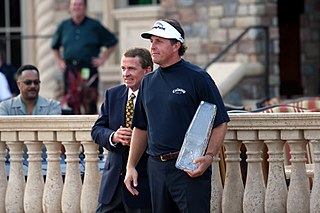A Quote by Noreena Hertz
It's not that I am against the rich giving money to charities. I'm all for it, and we should think of ways of encouraging more of it. But I also believe that states, rather than individuals, are ultimately a better bet for delivering a fair and just world and reconciling differing interests.
Related Quotes
If you have the abilities to earn a lot of money and if you have the character to persist in giving that to the most effective charities you can find, then that may be the best thing that you can do. And - also, if you do become a Wall Street banker, I think you need to be aware of what you're doing in terms of your daily work, not just earning money to give a lot away. But you need to think about - am I harming people through the work that I'm doing?
Sir, money, money, the most charming of all things; money, which will say more in one moment than the most elegant lover can in years. Perhaps you will say a man is not young; I answer he is rich. He is not genteel, handsome, witty, brave, good-humored, but he is rich, rich, rich, rich, rich -that one word contradicts everything you can say against him.
I am concerned about epistemic normativity, and I don't think that it is just a hangover from a priori and armchair approaches. Some ways of forming beliefs are better than others, and epistemologists of all stripes, I believe, have a legitimate interest in addressing the issue of what makes some of these ways better than others.
They believe the less votes the better. Republicans like to suppress votes because they believe they do better in small turnouts. Characteristically, Democrats would rather lose an election with a huge turnout than win one with a small turnout because we think that the values of democracy have to be placed above the interests of the party. The reason that Republicans are such failures at governing is because they place the interests of their party ahead of the interests of the country.
I believe that the free enterprise system is the greatest engine of prosperity the world's ever known. I believe in self-reliance and individual initiative and risk-takers being rewarded. But I also believe that everybody should have a fair shot and everybody should do their fair share and everybody should play by the same rules, because that's how our economy's grown. That's how we built the world's greatest middle class.
Some even believe we (the Rockefeller family) are part of a secret cabal working against the best interests of the United States, characterizing my family and me as 'internationalists' and of conspiring with others around the world to build a more integrated global political and economic structure - one world, if you will. If that's the charge, I stand guilty, and I am proud of it.
There are many countries where you can only believe more or you can believe less. But in the United States we have this incredible smorgasbord, and it really interests me why people are drawn to one faith rather than another, especially to a system of belief that to an outsider seems absurd or dangerous.
It may seem to your conceited to suppose that you can do anything important toward improving the lot of mankind. But this is a fallacy. You must believe that you can help bring about a better world. A good society is produced only by good individuals, just as truly as a majority in a presidential election is produced by the votes of single electors. Everybody can do something toward creating in his own environment kindly feelings rather than anger, reasonableness rather than hysteria, happiness rather than misery.



































